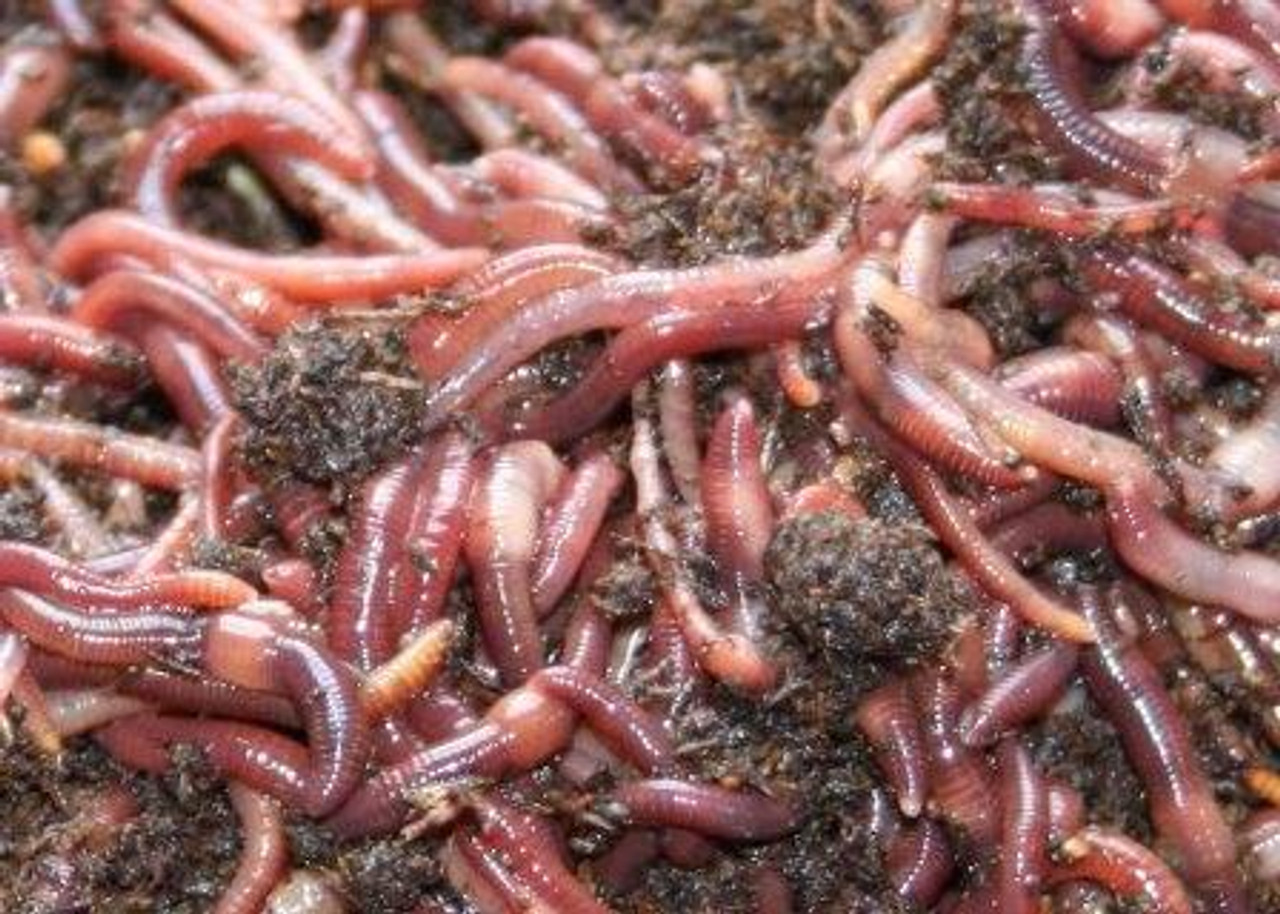Professional Lawn Care Help Powered by Lake Hickory Bait for Stunning Results
Professional Lawn Care Help Powered by Lake Hickory Bait for Stunning Results
Blog Article
The Incredible Globe of Red Wigglers: Boost Your Dirt Fertility Today
These tiny yet effective microorganisms change natural waste right into useful worm castings, substantially boosting soil wellness and advertising sustainable methods. As we discover the benefits of vermicomposting and the sensible steps to produce a reliable worm container, the potential effect of these worms on your horticulture success becomes significantly obvious.
Recognizing Red Wigglers
Red wigglers, scientifically referred to as Eisenia fetida, are a types of earthworm that play a crucial role in improving dirt fertility. These worms prosper in organic-rich atmospheres, such as garden compost piles and decaying plant material, where they take in organic waste and excrete nutrient-dense castings. Their special makeup, including a fractional body and a clitellum, permits them to recreate swiftly and successfully procedure huge quantities of raw material.

The environmental importance of red wigglers expands past mere waste processing; they contribute to the dirt food web, cultivating a diverse community of bacteria that further boost soil wellness. Comprehending the biology and behavior of red wigglers is crucial for using their full capacity in lasting agriculture and horticulture practices.
Benefits of Vermicomposting
(Lake Hickory Bait)Harnessing the power of red wigglers through vermicomposting offers countless advantages that substantially enhance dirt health and wellness and fertility. Among the primary benefits is the manufacturing of nutrient-rich worm castings, which are an excellent all-natural plant food. Red Wiggler Express. These castings consist of essential nutrients like nitrogen, phosphorus, and potassium, promoting durable plant growth and boosting plant yields
Furthermore, vermicomposting boosts dirt structure and aeration. The visibility of worm spreadings improves soil structure, permitting for better water retention and water drainage. This balanced wetness degree is essential for root advancement and the total health and wellness of plants. Red wigglers assist damage down natural issue, increasing decomposition and recycling nutrients back into the soil.
Vermicomposting likewise promotes microbial task, which is important for a healthy soil community. Beneficial bacteria flourish in the presence of worm castings, helping in the malfunction of organic materials and enhancing nutrient schedule to plants.
Lastly, vermicomposting acts as an effective waste monitoring remedy, lowering garbage dump waste by recycling kitchen area scraps and other organic products. This not just adds to environmental sustainability yet additionally advertises a round economic climate within gardening and farming.
Just How to Set Up a Worm Container
Establishing up a worm container is an uncomplicated procedure that can considerably improve your composting initiatives. Begin by choosing an appropriate container, which can vary from a commercially available worm container to these details a straightforward plastic or wood box (Red Wiggler Express). Make sure the container has sufficient air flow; little holes in the cover and sides will certainly help with air circulation
Following, create a bed linens layer to supply a comfortable atmosphere for the red wigglers. This can be made from shredded paper, cardboard, or coconut coir, dampened to a moist, sponge-like consistency. Fill up the bin to around one-third complete with this bed linens material.
As soon as the bedding is prepared, it's time to present the worms. Red wigglers thrive in natural waste, so location them gently onto the bed linen. Cover the worms with a light layer of additional bed linen to help them accommodate.
Feeding Your Red Wigglers
Offering the right food for your red wigglers is crucial for their health and the effectiveness of your composting system. Red wigglers thrive on a different diet regimen, mainly including organic products such as fruit and vegetable scraps, coffee premises, and shredded paper. These materials not just give necessary nutrients but likewise add to the microbial activity in the worm bin, which is vital for the worms' digestion.
It is essential to avoid specific foods, such as milk items, oils, and meats, as these can attract insects and produce unpleasant odors. Furthermore, citrus peels and extremely zesty foods should be limited as a result of their potential to hurt the worms. A balanced strategy to feeding entails checking the amount of food presented to the container, ensuring that it is consumed within a sensible amount of time to avoid excess waste buildup.
To advertise optimal digestion, it is useful to slice or shred bigger food products prior to including them to the bin. This practice enhances the area for microbial action, assisting in quicker decomposition and enhancing the overall efficiency of your composting system. On a regular basis observing the worms' feeding behaviors will certainly help you change their diet plan as required.
Utilizing Worm Castings in Your Garden

(Red Wiggler Express)Including worm castings into your yard can be achieved by mixing them into the dirt or utilizing them as a top clothing. The slow-release nature of these spreadings guarantees that nutrients are available to plants over an extended duration, minimizing the requirement for artificial plant foods. Additionally, worm spreadings consist of beneficial bacteria that promote healthy dirt communities, boosting the general durability of your yard.
To optimize the benefits, goal to apply about one part worm spreadings to 3 parts dirt in your planting beds. Routine applications can lead to boosted crop returns and much healthier plants, making worm castings a very useful resource for both amateur and skilled garden enthusiasts alike. By utilizing this all-natural change, you can cultivate a successful yard while adding to lasting gardening practices.
Verdict
In final thought, red wigglers exhibit the vital duty of vermicomposting in enhancing dirt fertility. Their capacity to transform organic waste into nutrient-rich castings considerably enhances soil structure and supports microbial diversity.
Report this page